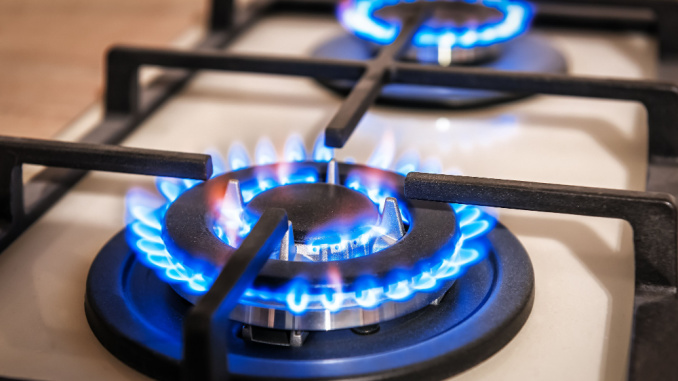By Corinne Murdock |
Two bills improving nuclear energy production and limiting energy efficiency regulations on home appliances from Rep. Debbie Lesko (R-AZ-08) are set to be voted on by the whole House.
Both bills passed out of the House Committee on Energy and Commerce on Tuesday. In a press release, Lesko said that the bills represented commonsense protections of two critical aspects of everyday American living.
“I am thrilled that these two commonsense bills have passed out of committee,” said Lesko. “I am working every day to leave our state and nation in a better place than when we found it, and I look forward to working with my colleagues to ensure that these proposals are approved by the full House of Representatives.”
One of the bills, the Advancing Nuclear Regulatory Oversight Act, would require the Nuclear Regulatory Commission to give reports to Congress on all procedural changes implemented during the COVID-19 pandemic. The report would also have to outline proposed efficiency improvements for the future.
The bill passed out of committee through another bill, H.R. 6544.
The report would also include an examination of the costs associated with the commission’s headquarters, regional offices, and technical training center. Specifically, the report would include costs not supportive of the commission’s mission, such as rent subsidies for other federal agencies, and proposals for cost reductions such as shedding or consolidating office spaces.
The other bill, the Hands Off Our Home Appliances Act, would limit the Department of Energy (DOE) from issuing new or amended energy efficiency standards that wouldn’t be technologically feasible or economically justified.
The act would allow for the amendment or revocation of energy efficiency standards that result in additional costs to consumers, don’t result in a significant conservation of energy or water, aren’t technologically feasible, and result in the affected product to not be commercially available to all consumers.
It would also require the DOE to conduct a quantitative economic impact analysis prior to prescribing any new or amended energy conservation standards. Included within this analysis would be the costs to low-income households, the variation in costs to consumers based on regional differences, effects of the standards on employment, and the lifecycle costs for the affected appliances: purchase, installation, maintenance, disposal, and replacement.
The act would restrict the DOE from declaring economic justification of any energy conservation standard unless the standard wouldn’t result in additional net costs to the consumer (purchase, installation, maintenance, disposal, and replacement of the affected products), and would result in a monetary value of energy savings.
In order to qualify as significant energy or water savings, the conservation standard would have to result in a reduction of at least .3 quads of site energy over three years or at least a 10 percent reduction in energy or water use of the affected product.
Corinne Murdock is a reporter for AZ Free News. Follow her latest on Twitter, or email tips to corinne@azfreenews.com.








